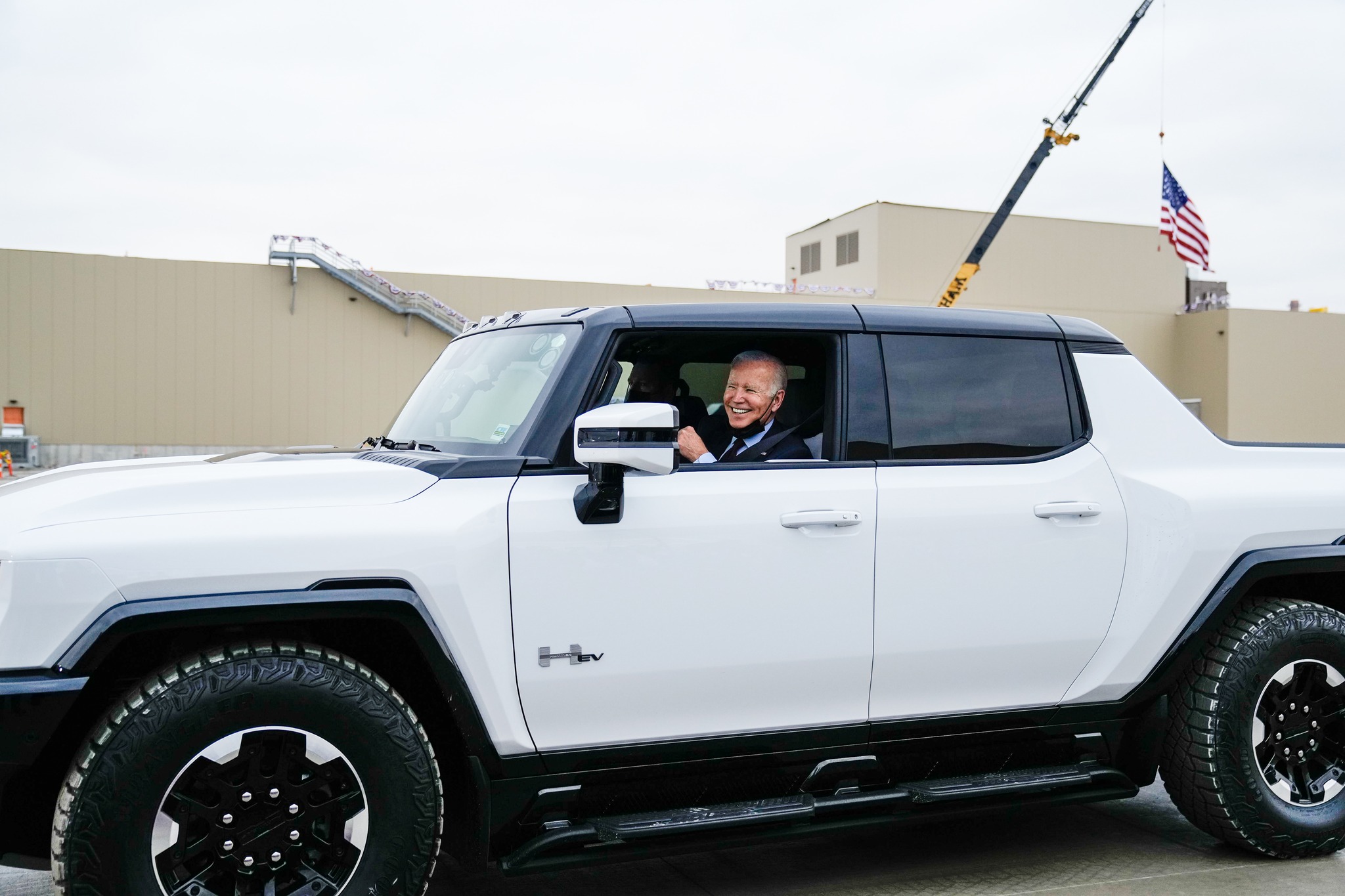Because fewer cars are sold in the US but the manufacturers earn more

Even in the US, the quarterly reports of the big automotive companies tell stories of a sector in difficulty, which decreases sales while maximizing profits
Second part of the analysis of the quarterly reports of the automotive sector. This time we look at the giants of the US sector, which host some of the most popular brands globally. These data also tell us what we have already read in those of the Old Continent: the situation is exceptionally difficult and has been pushing, for several months now, the manufacturers to suspend the production of less convenient models to focus on products recently launched (expenses development must be amortized quickly), on electrified vehicles (necessary both to remain competitive and to pursue incentives and reduce fleet emissions so as to avoid fines) but above all on high-end, luxury models or simply those with more exclusive features. These are the main ways in which manufacturers, while selling much less for the problems that are known to us (closures for Covid, difficulties in supplying the assembly line, difficulties in logistics) have earned more on every single sale. Also because if the big US brands hoped to see sales restart quickly thanks to the green incentive plan promised by the Biden administration, the war between Russia and Ukraine could postpone everything …
QUARTERLY, WHAT THE USA BIG AUTOMOTIVE DOES
Starting from GM, the group recorded an increase in turnover which, although lower than that calculated by analysts, remains double-digit (11% in the period) at 36 billion dollars, while its net profit has slightly decreased. , by 3%, to 2.9 billion dollars. All this, however, against sales down from 1.74 million to 1.43 million units. Tesla makes history in itself, the only one that, with 305,407 vehicles, records a consistent increase in production (+ 69% year on year), starting from much lower figures. At the same time, the House led by Elon Musk has recorded revenues of 18.756 billion dollars compared to 10.389 billion a year earlier (+ 81%) with a net profit of 3.318 billion up vertically compared to 438 million at the end of March 2021. This of course does not mean that it is immune to the difficulties that grip the others, especially on the assembly line side, with forced stop-and-go (for example in Shanghai for Covid) that could reduce the contribution of the gigafactories in Berlin and Texas. Much will be clearer with the next quarterly. Ford, more than economic numbers, is currently being talked about for the massive share sales of Rivian Automotive, a US startup of electric pick-ups that looked like Tesla's new rival.
HARD TIMES FOR RIVIAN
The young company, which pushed GM to run on the production of off-road EVs, seemed destined to become the protagonist of this new, greener era and at the end of the year 2021 it was listed on Wall Street with a maxi IPO. Then the problems started, due to the lack of raw materials that made us miss the productivity targets and skip several orders. As you know, Rivian has already weighed heavily on the quarterly Amazon , which recorded a net loss of $ 3.8 billion in the first quarter of 2022, including a loss of $ 7.6 billion in relation to the value of its stake in the electric vehicle manufacturer. For its part, the other major shareholder of the startup, Ford, first sold 8 million shares and then in another session another 7 million.
Ford is investing $ 11B to build electric vehicles — creating 11,000 jobs across the country.
GM is making the largest investment in its history— $ 7B to build electric vehicles, creating 4,000 jobs in Michigan.
– Joe Biden (@JoeBiden) March 2, 2022
To scare investors, in all likelihood, not so much the fact that Rivian is in the red (it said it recorded a loss of almost 5 billion dollars in 2021), common ground for all startups, but that the new car brand is was forced to severely cut production and admitted that he expects to produce only 25,000 electric pickups and SUVs this year. Instead, a progressive disengagement of Amazon should be averted. Both because it would risk destroying the title irreversibly, and because the e-commerce giant is waiting for the mass production of electric vans to begin replacing its fleets.
This is a machine translation from Italian language of a post published on Start Magazine at the URL https://www.startmag.it/smartcity/automotive-trimestrali-usa/ on Sun, 22 May 2022 06:22:44 +0000.
